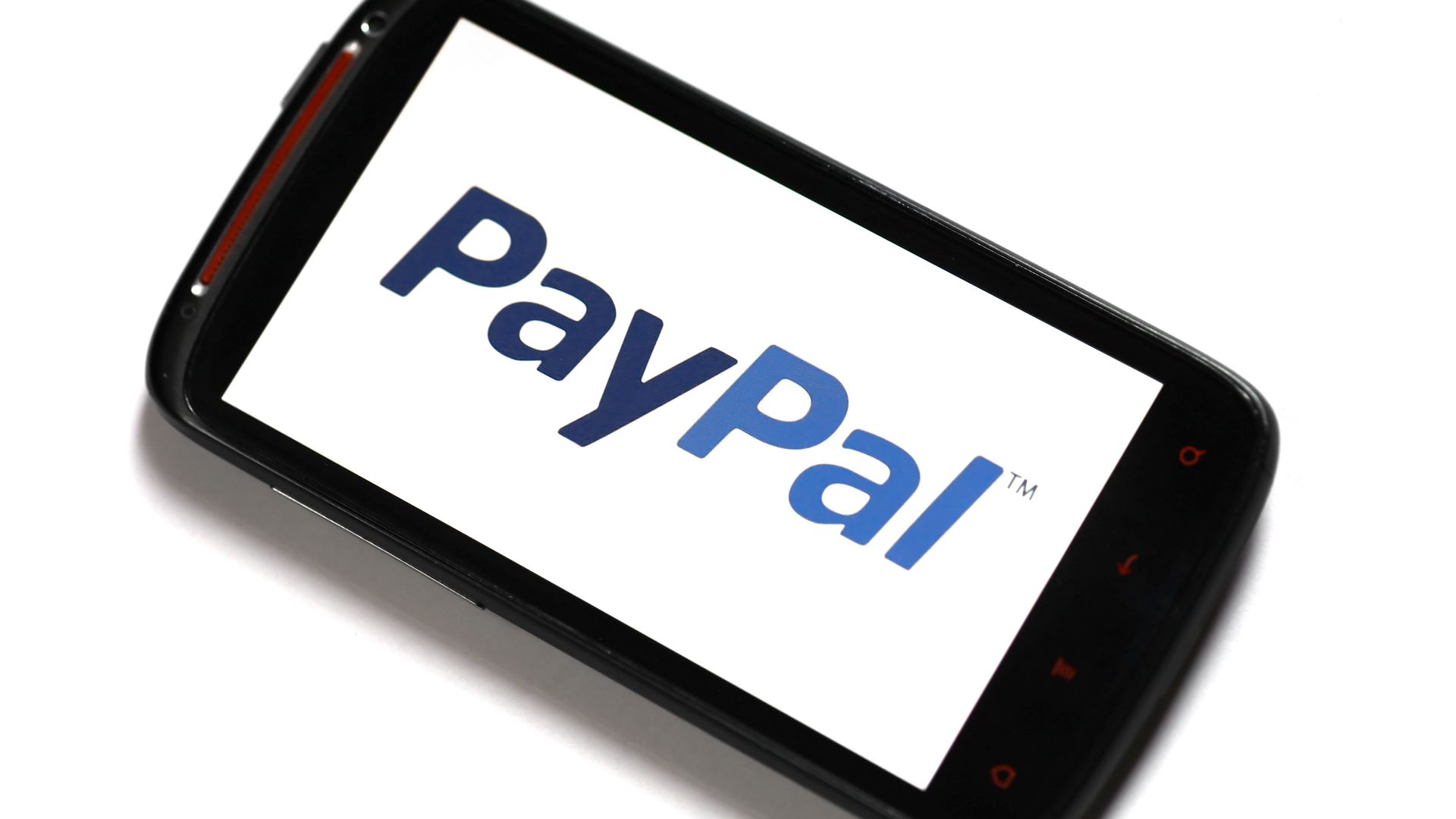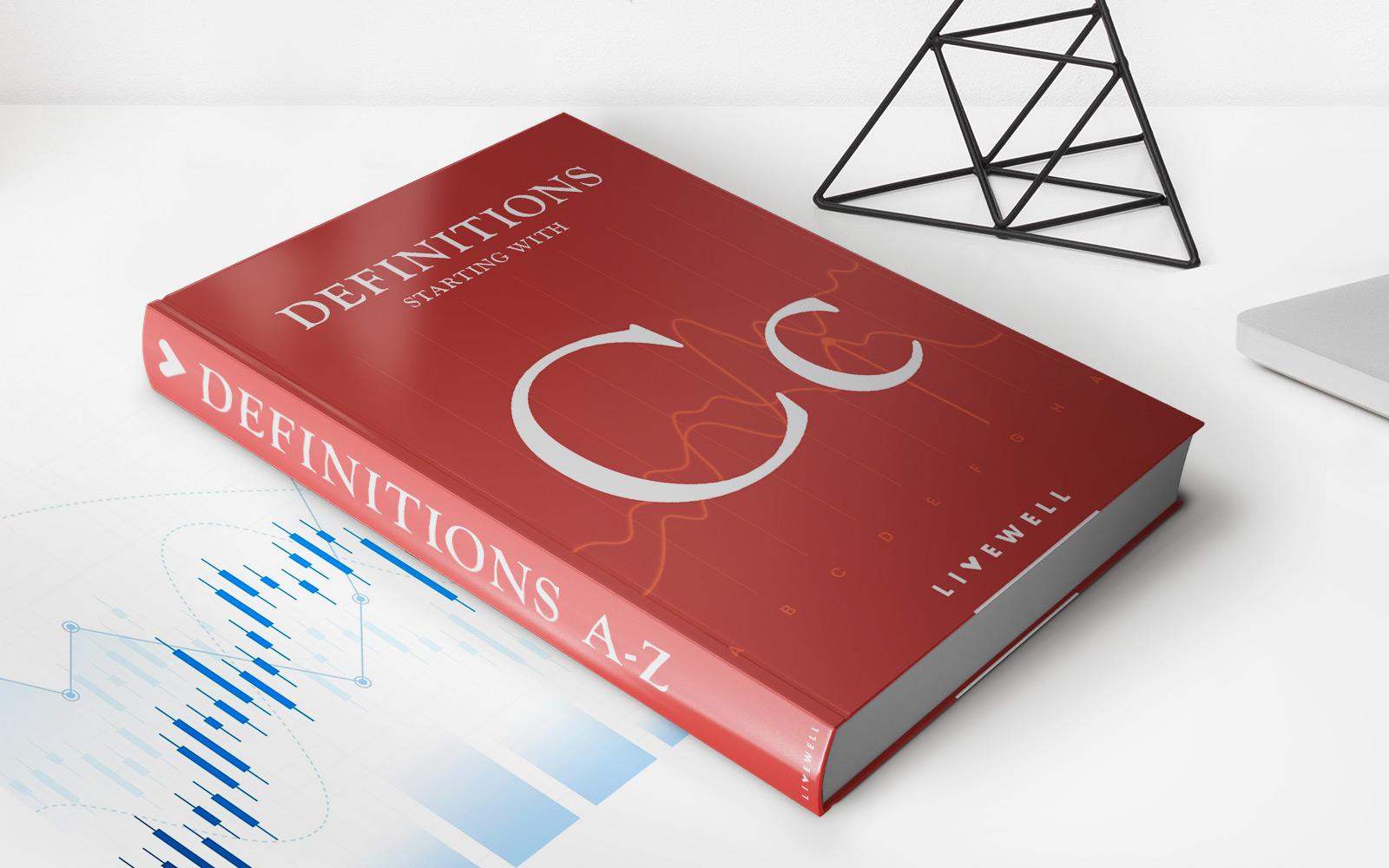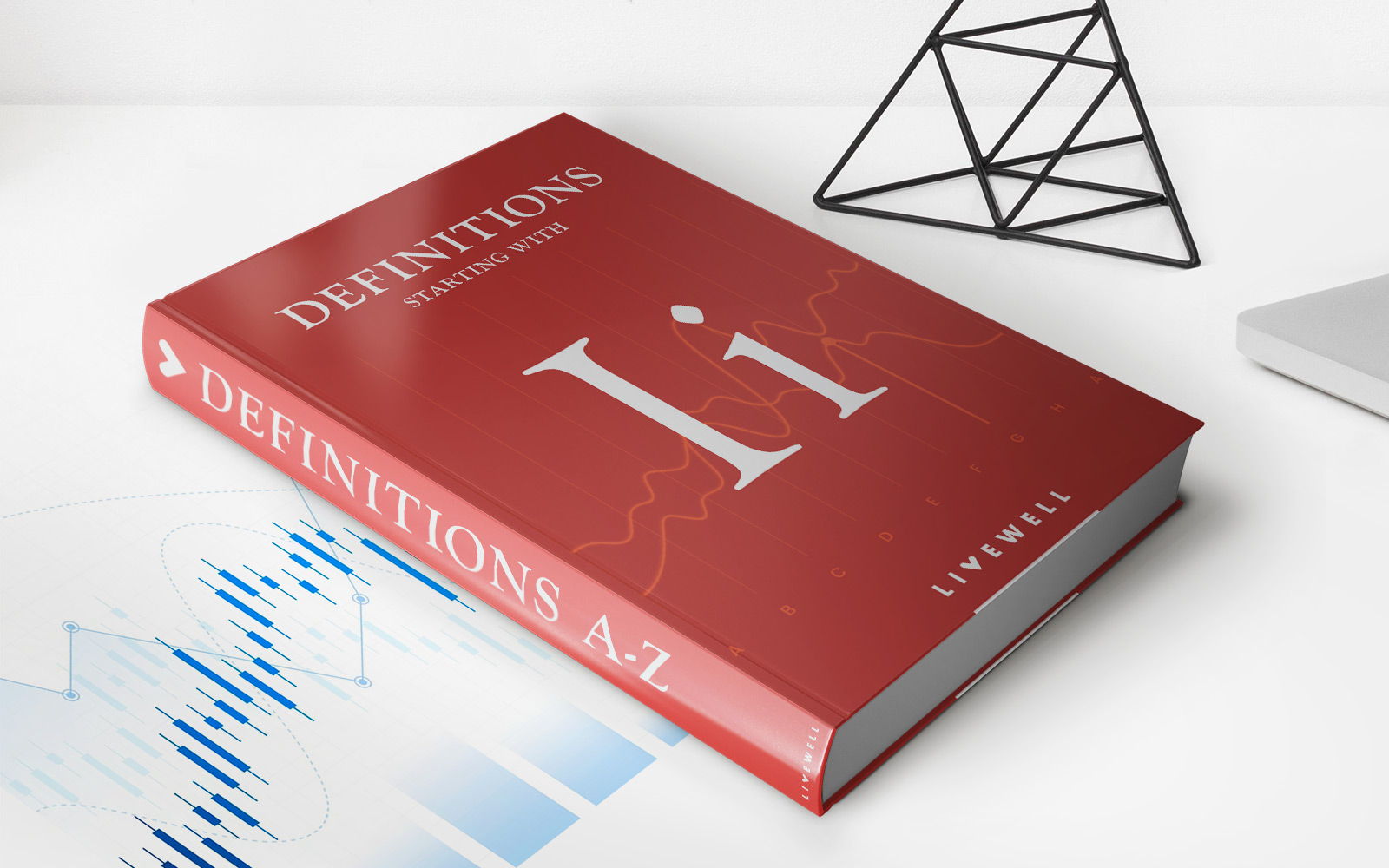Home>Finance>What Happens If You Pay Less Than Minimum Payment On Credit Card


Finance
What Happens If You Pay Less Than Minimum Payment On Credit Card
Published: February 25, 2024
Learn the consequences of paying less than the minimum on your credit card. Find out how it affects your finances and credit score. Get expert advice on managing your finances.
(Many of the links in this article redirect to a specific reviewed product. Your purchase of these products through affiliate links helps to generate commission for LiveWell, at no extra cost. Learn more)
Table of Contents
Introduction
Understanding the Importance of Minimum Payments on Credit Cards
Credit cards have become an integral part of modern-day financial transactions, offering convenience and flexibility to users. However, the ease of swiping a card often leads to overlooking the crucial aspect of making timely and sufficient payments. One of the fundamental components of managing a credit card account is ensuring that the minimum payment is met each month. In this article, we will delve into the significance of minimum payments, the potential consequences of failing to meet them, and the implications for one's financial well-being.
When individuals obtain a credit card, they enter into an agreement with the issuing financial institution, which includes a commitment to make regular payments. The minimum payment is the lowest amount that cardholders are required to pay by the due date to keep their account in good standing. While it may be tempting to pay only the minimum, it is essential to comprehend the implications of doing so and the potential long-term repercussions. Understanding the dynamics of minimum payments is crucial for maintaining financial stability and making informed decisions regarding credit card usage.
By exploring the intricacies of minimum payments and their impact, individuals can gain a deeper understanding of responsible credit card management. This knowledge empowers cardholders to make informed choices, avoid unnecessary fees and interest charges, and safeguard their credit scores. Let's delve into the significance of minimum payments and the potential ramifications of paying less than the required minimum on credit cards.
Understanding Minimum Payments
Minimum payments are the smallest amount that credit card issuers require cardholders to pay by a specified due date each month. This amount is calculated based on a percentage of the total balance or a predetermined minimum set by the issuer, whichever is higher. Understanding the components of minimum payments is essential for individuals to manage their credit card obligations effectively.
Typically, a minimum payment comprises a portion of the principal balance, interest charges, and any applicable fees. It is important to note that while making the minimum payment keeps the account in good standing and prevents late fees, it does not significantly reduce the outstanding balance. By paying only the minimum, cardholders may find themselves in a cycle of debt as the interest continues to accrue on the remaining balance.
It is crucial for cardholders to review their credit card statements to comprehend how the minimum payment is calculated. By gaining insight into the factors that contribute to the minimum payment, individuals can make informed decisions about managing their credit card debt. Moreover, understanding the implications of paying only the minimum amount empowers cardholders to take proactive measures to address their financial obligations and avoid potential pitfalls associated with prolonged debt.
By recognizing the significance of minimum payments and the underlying mechanisms that govern them, individuals can adopt a more strategic approach to managing their credit card accounts. This understanding enables cardholders to make informed decisions about payment strategies, debt reduction, and overall financial well-being.
Consequences of Paying Less Than the Minimum Payment
When individuals pay less than the minimum amount due on their credit cards, they expose themselves to a range of adverse consequences that can have a lasting impact on their financial health. Understanding these ramifications is crucial for making informed decisions and avoiding potential pitfalls associated with inadequate payments.
1. Late Payment Fees: Failing to meet the minimum payment requirement often results in the imposition of late payment fees by the credit card issuer. These fees not only contribute to the overall balance but also diminish the cardholder’s available credit, further complicating their financial situation.
2. Negative Impact on Credit Score: Inadequate payments can lead to a negative impact on the cardholder’s credit score. Payment history is a significant factor in credit scoring models, and consistently paying less than the minimum can result in a lower credit score, making it more challenging to access favorable credit terms in the future.
3. Accumulation of Interest: By paying less than the minimum, cardholders continue to accrue interest on the remaining balance, leading to a prolonged debt cycle. The compounding effect of interest can significantly inflate the total amount owed, making it increasingly difficult to pay off the debt.
4. Loss of Promotional Benefits: Some credit card agreements include promotional benefits such as low or zero-interest periods. Failing to meet the minimum payment requirements can result in the forfeiture of these benefits, exposing the cardholder to higher interest rates and additional costs.
5. Potential Account Closure: Persistent failure to meet the minimum payment obligation may lead the credit card issuer to close the account, further impacting the cardholder’s credit score and limiting their access to credit in the future.
Understanding the consequences of paying less than the minimum payment empowers individuals to prioritize their financial obligations and take proactive measures to avoid the pitfalls associated with inadequate payments. By recognizing these potential ramifications, cardholders can make informed decisions to safeguard their financial well-being and maintain a positive credit standing.
Impact on Credit Score
One of the most significant repercussions of paying less than the minimum payment on a credit card is the adverse impact on the cardholder’s credit score. Payment history is a crucial component of credit scoring models, and consistently failing to meet the minimum payment requirement can result in a lower credit score.
A lower credit score can have far-reaching implications, affecting the individual’s ability to secure favorable terms on future credit applications. Lenders and financial institutions use credit scores to assess an individual’s creditworthiness, and a lower score may lead to higher interest rates, less favorable loan terms, or even outright rejection of credit applications.
Furthermore, a diminished credit score can impact various aspects of the cardholder’s financial life, including the ability to obtain a mortgage, car loan, or other forms of credit. It can also influence insurance premiums, rental applications, and even employment opportunities, as some employers review credit histories as part of the hiring process.
Understanding the correlation between minimum payments and credit scores underscores the importance of fulfilling this financial obligation in a timely and sufficient manner. By prioritizing the minimum payment and maintaining a positive payment history, individuals can protect and enhance their credit scores, positioning themselves for better financial opportunities in the future.
It is essential for cardholders to recognize that the impact on credit scores resulting from inadequate payments extends beyond immediate financial consequences. By proactively addressing their minimum payment obligations, individuals can nurture a positive credit history, bolster their credit scores, and lay the groundwork for a more secure financial future.
Accumulation of Interest and Fees
When individuals pay less than the minimum amount due on their credit cards, they not only incur late payment fees but also face the compounding effect of interest on the remaining balance. This accumulation of interest and fees can significantly inflate the total amount owed, making it increasingly challenging to manage and pay off the debt.
Interest Accumulation: By paying less than the minimum payment, cardholders continue to accrue interest on the unpaid portion of the balance. This interest compounds over time, leading to a substantial increase in the overall debt. As a result, a seemingly small shortfall in the minimum payment can have long-term financial implications due to the snowballing effect of interest.
Late Payment Fees: In addition to the accumulation of interest, inadequate payments often result in the imposition of late payment fees by the credit card issuer. These fees add to the total balance, exacerbating the financial burden on the cardholder and impeding efforts to reduce the debt effectively.
It is essential for individuals to recognize the dual impact of interest accumulation and late payment fees resulting from inadequate credit card payments. By understanding these consequences, cardholders can make informed decisions about prioritizing the minimum payment and taking proactive steps to mitigate the long-term financial repercussions associated with unpaid balances.
Furthermore, the compounding effect of interest underscores the importance of addressing credit card debt in a timely and comprehensive manner. By prioritizing adequate payments and seeking opportunities to reduce interest charges, individuals can regain control of their financial obligations and work towards achieving a more stable and sustainable financial position.
Options for Dealing with Minimum Payments
When faced with challenges in meeting the minimum payment on a credit card, individuals can explore various options to address this financial obligation effectively. Understanding these options empowers cardholders to navigate their credit card debt strategically and mitigate the potential consequences of inadequate payments.
1. Budgeting and Expense Management: Taking a proactive approach to budgeting and expense management can free up resources to meet the minimum payment on a credit card. By analyzing spending patterns, identifying areas for potential savings, and prioritizing financial allocations, individuals can ensure that they have sufficient funds to fulfill their credit card obligations.
2. Negotiating with Credit Card Issuers: In some cases, cardholders may be able to negotiate with their credit card issuers to adjust the minimum payment amount or explore alternative payment arrangements. Engaging in open communication with the issuer can provide insights into potential options for managing the minimum payment more effectively.
3. Seeking Financial Assistance: Individuals experiencing financial hardship can explore options for financial assistance, such as seeking guidance from non-profit credit counseling agencies or exploring government programs designed to aid individuals in managing debt obligations. These resources can provide valuable support and guidance in addressing credit card payment challenges.
4. Exploring Balance Transfer Options: For individuals facing high-interest rates and financial strain, exploring balance transfer options to consolidate credit card debt and potentially secure lower interest rates can offer relief. Transferring balances to a card with a lower interest rate can reduce the overall cost of debt and make it more manageable to meet minimum payment requirements.
5. Debt Repayment Strategies: Implementing a structured debt repayment strategy, such as the snowball or avalanche method, can help individuals prioritize and pay off credit card debt systematically. By allocating additional funds towards the minimum payment and targeting high-interest balances, individuals can make meaningful progress in reducing their overall debt burden.
By exploring these options and taking proactive steps to address minimum payment challenges, individuals can regain control of their credit card obligations and work towards achieving financial stability. It is essential for cardholders to assess their unique financial circumstances and leverage available resources to navigate credit card debt effectively.
Conclusion
Managing credit card minimum payments is a fundamental aspect of responsible financial stewardship. By understanding the implications of paying less than the minimum amount due, individuals can make informed decisions to safeguard their financial well-being and credit standing. The consequences of inadequate payments, including late fees, interest accumulation, and negative impacts on credit scores, underscore the importance of prioritizing minimum payments and addressing credit card obligations proactively.
Recognizing the significance of minimum payments empowers individuals to explore various options for managing credit card debt effectively. From budgeting and negotiating with credit card issuers to seeking financial assistance and exploring debt repayment strategies, there are avenues available to address minimum payment challenges and mitigate potential repercussions.
By adopting a proactive approach to credit card management, individuals can navigate their financial obligations strategically, reduce the long-term impact of credit card debt, and work towards achieving financial stability. Prioritizing adequate payments, seeking assistance when needed, and implementing sound financial practices can pave the way for a more secure financial future and empower individuals to make informed decisions about their credit card usage.
Ultimately, understanding the dynamics of minimum payments and the available options for addressing credit card obligations equips individuals with the knowledge and tools to navigate their financial responsibilities effectively. By embracing financial literacy and proactive debt management, individuals can mitigate the challenges associated with credit card minimum payments and pave the way for a more stable and sustainable financial journey.














